Search
Remove Ads
Advertisement
Summary
Loading AI-generated summary based on World History Encyclopedia articles ...
Answers are generated by Perplexity AI drawing on articles from World History Encyclopedia. Please remember that artificial intelligence can make mistakes. For more detailed information, please read the source articles
Search Results

Article
The Monastic Movement: Origins & Purposes
In 313 CE, Constantine the Great (272 – 337 CE) ended the sporadic-yet-terrifying Christian persecutions under the Roman Empire with his “Edict of Milan,” and brought the Christian church under imperial protection. Not surprisingly, public...
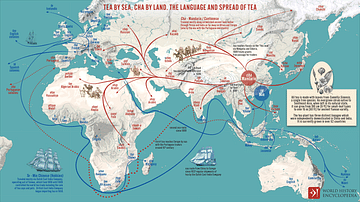
Image
Movement of "Tea" & "Cha" Around the Globe
This map shows the phenomena of the movement of tea, and what it's called around the globe. Around the world, there are mainly 2 root words for tea, 'te' and 'cha', and both of these come from China. Where the use of ‘cha’ occurred through...
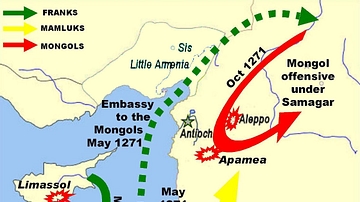
Image
Mamluk, Frankish and Mongol Movement in 1271-2 CE
The Mamluks under Baibars (yellow) fought off the Franks and the Mongols during the Ninth Crusade.

Video
The Ghost Dance Movement | Native American Culture | Wounded Knee Massacre
The Ghost Dance was a spiritual movement amongst Native Americans that lived in the American west. It began at the end of the 19th century and had a massive influence for the Natives living in the area. It emerged at the time of the last...

Video
How the #LandBack Movement Might Help Save the Planet
Indigenous communities across the globe are experts at managing and protecting land. Is it time the U.S. finally returned STOLEN parklands back to them? SUBSCRIBE so you never miss a video! https://bit.ly/3tNKzhV And follow us on Instagram...
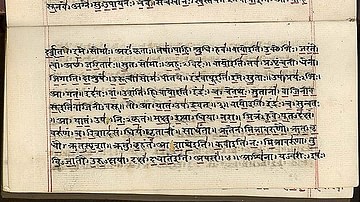
Definition
The Vedas
The Vedas are the religious texts which inform the religion of Hinduism (also known as Sanatan Dharma meaning “Eternal Order” or “Eternal Path”). The term veda means “knowledge” in that they are thought to contain the fundamental knowledge...

Definition
Bhagavad Gita
The Bhagavad Gita (“Song of God” or “Song of the Lord”) is among the most important religious texts of Hinduism and easily the best known. It has been quoted by writers, poets, scientists, theologians, and philosophers – among others – for...
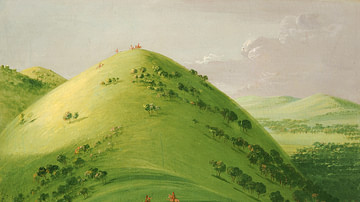
Article
Native American Concept of Land Ownership
The Native American concept of land ownership differs significantly from that of the European settlers who colonized the Americas or their descendants in that land could not be owned, only stewarded and lived with. The Earth is understood...

Article
Effects of the Black Death on Europe
The outbreak of plague in Europe between 1347-1352 – known as the Black Death – completely changed the world of medieval Europe. Severe depopulation upset the socio-economic feudal system of the time but the experience of the plague itself...
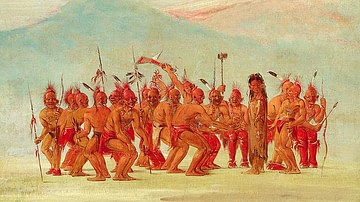
Image Gallery
A Gallery of North American Plains Indians
The Great Plains of North America were once home to over 30 distinct Native American nations now referred to as the Plains Indians, Native Americans of the Plains and Prairie, and Indigenous Peoples of the Great Plains. Their descendants...